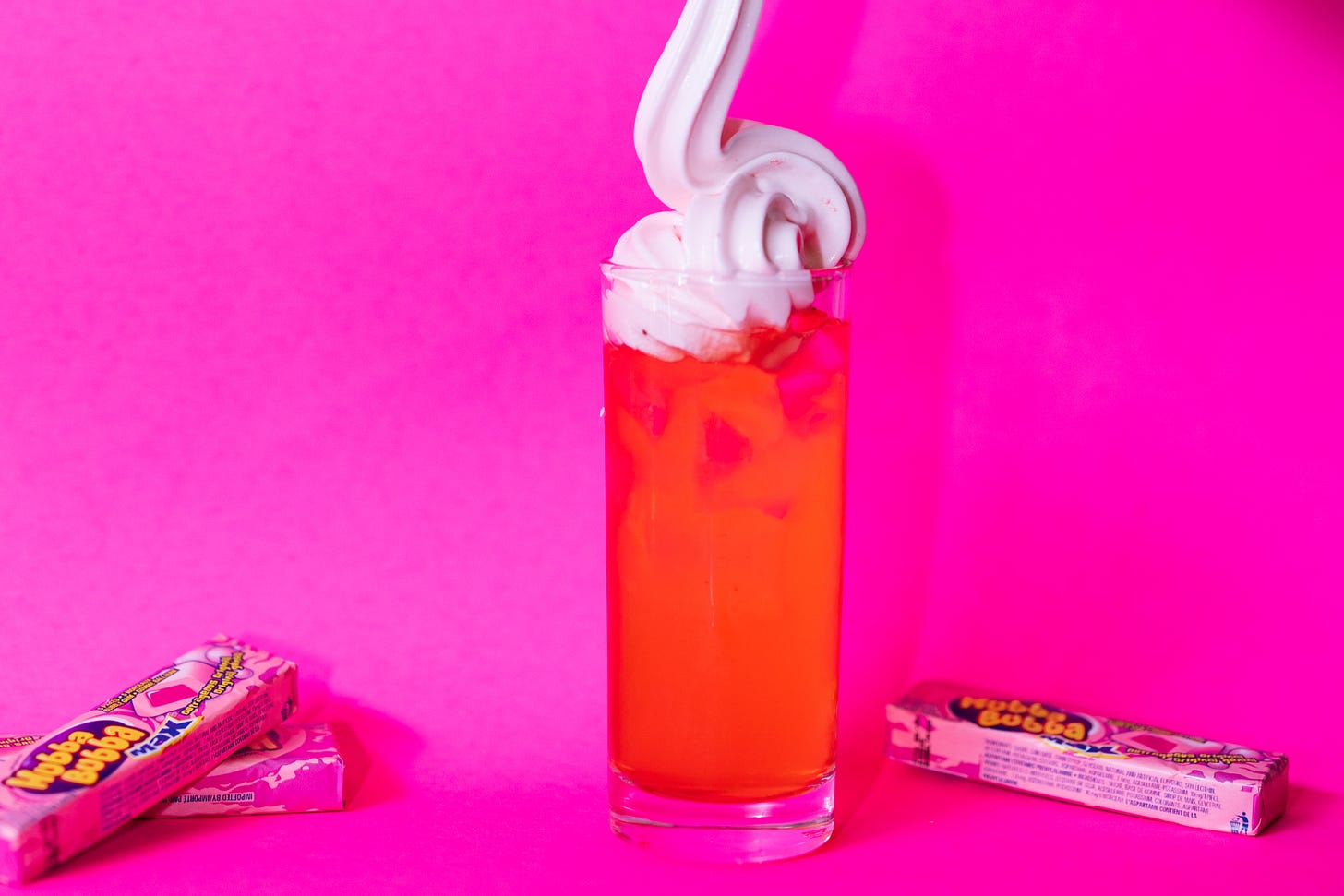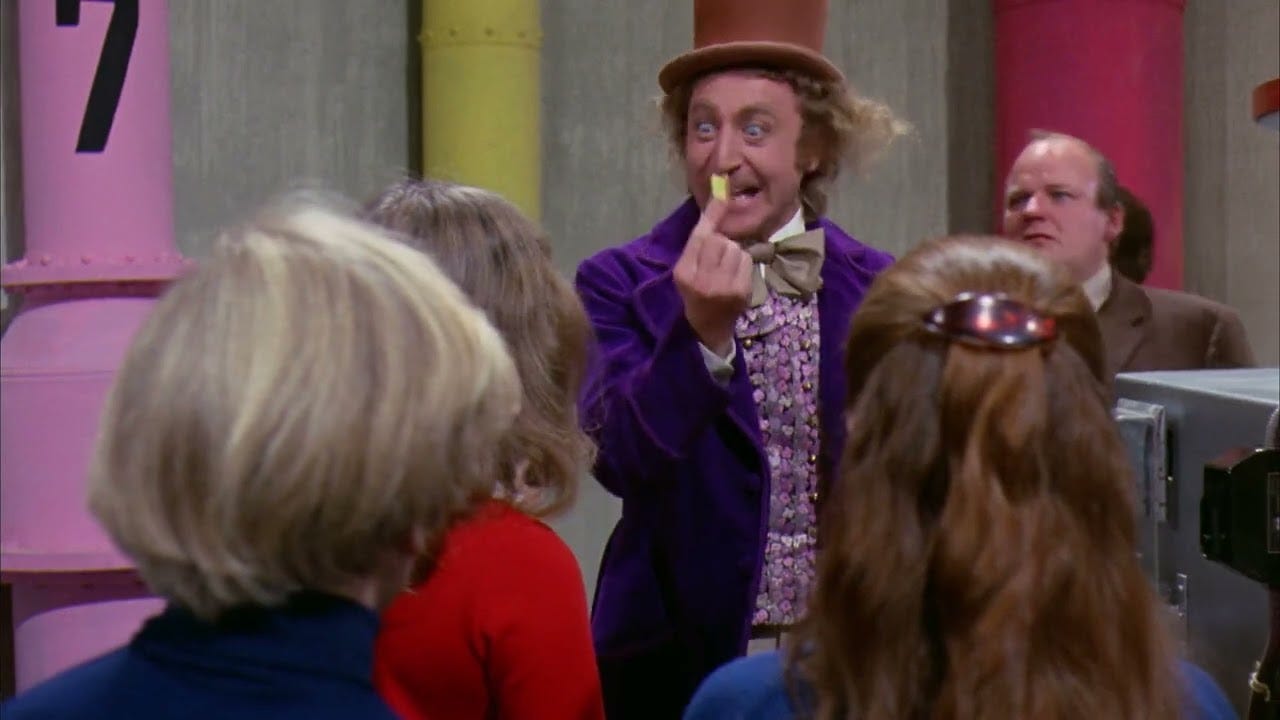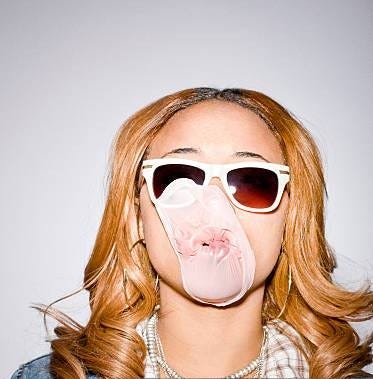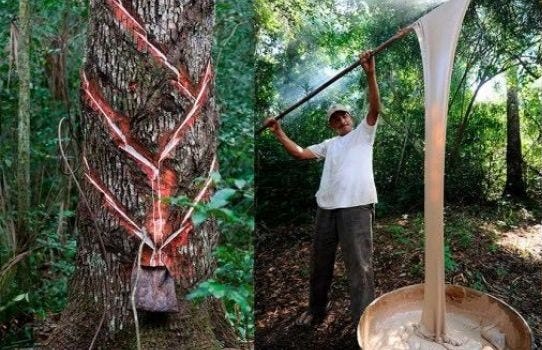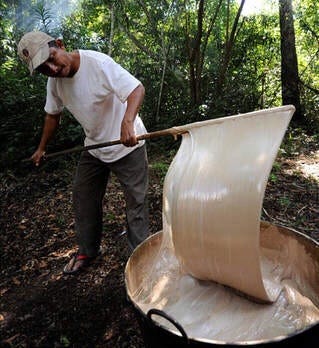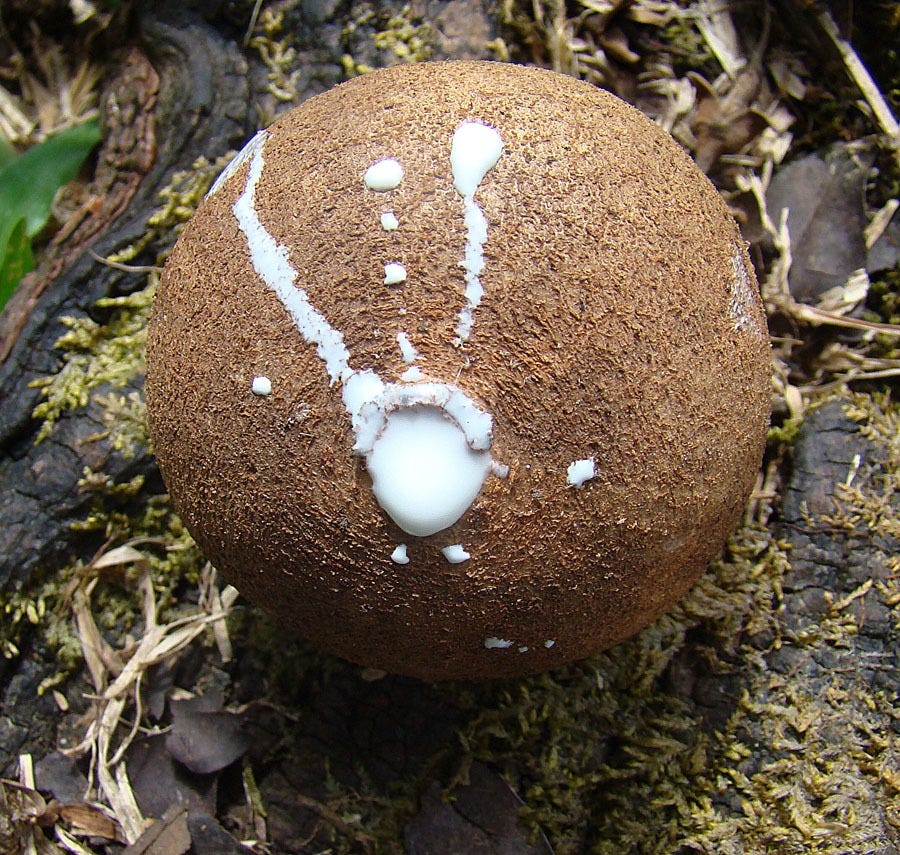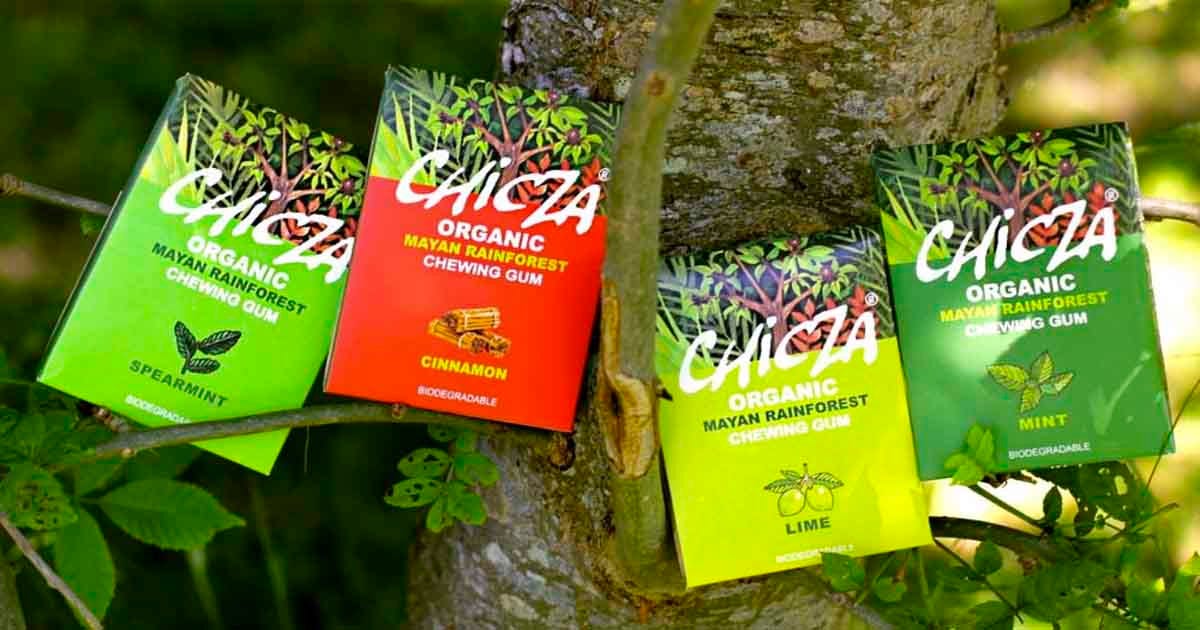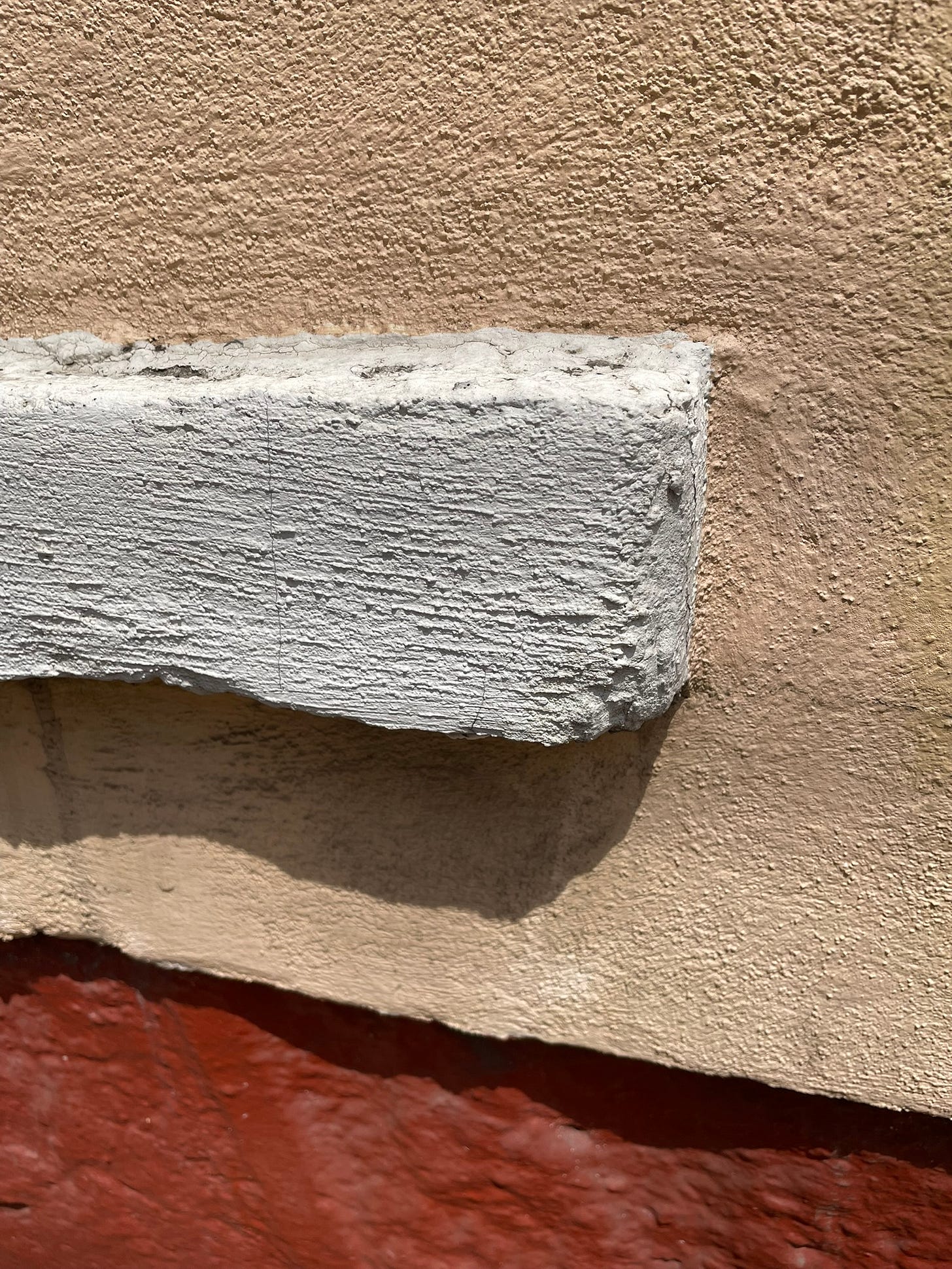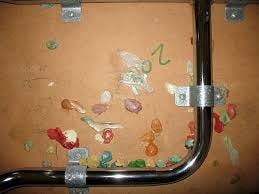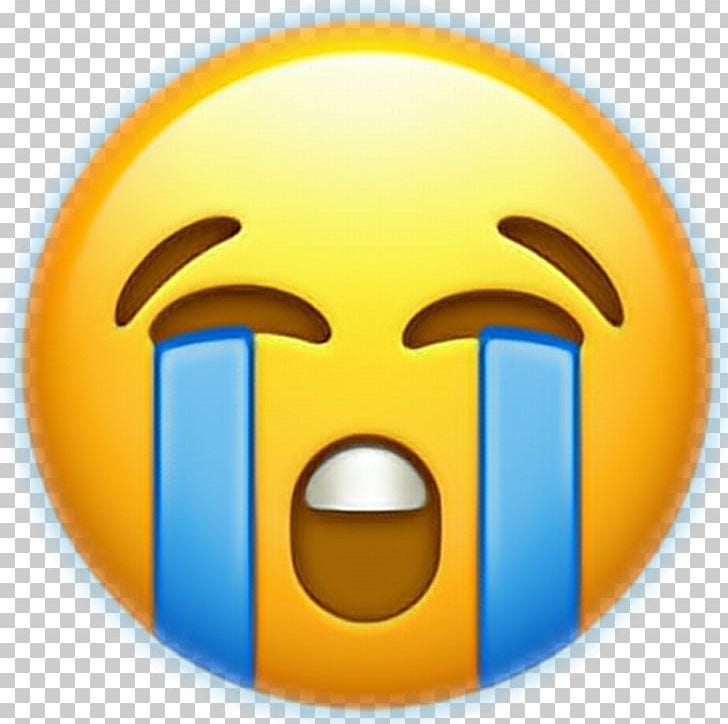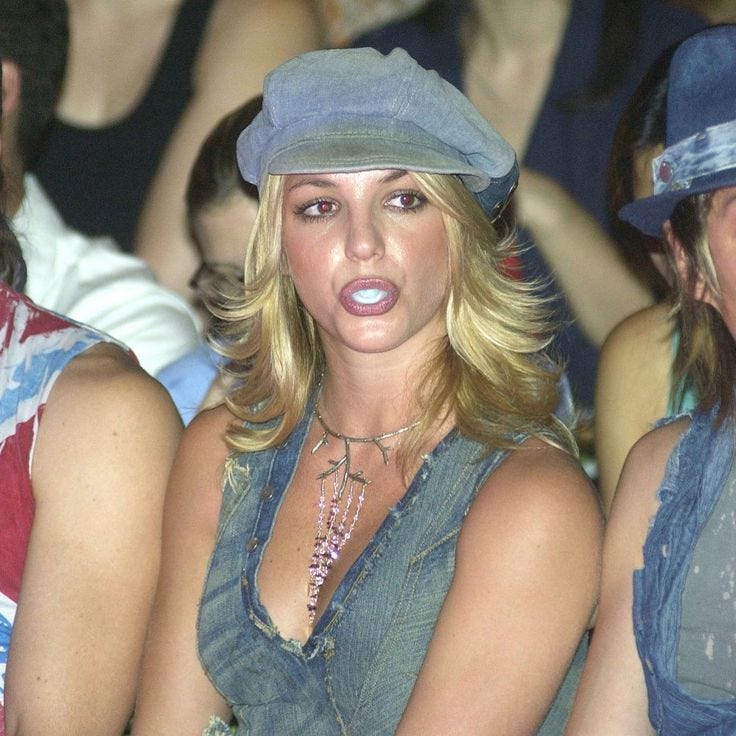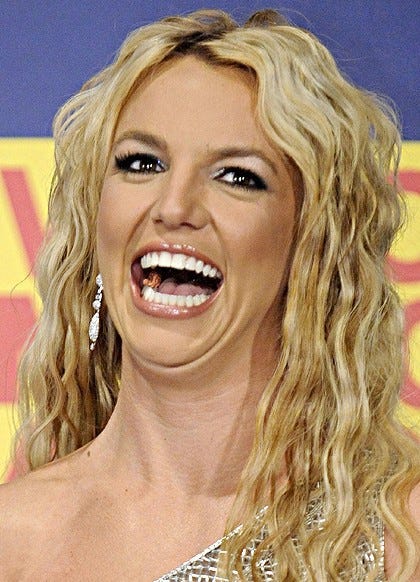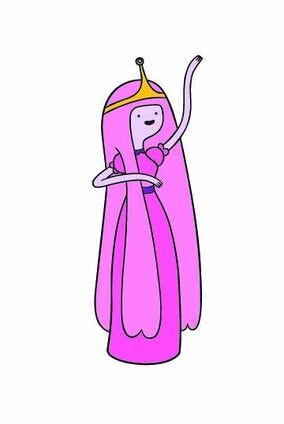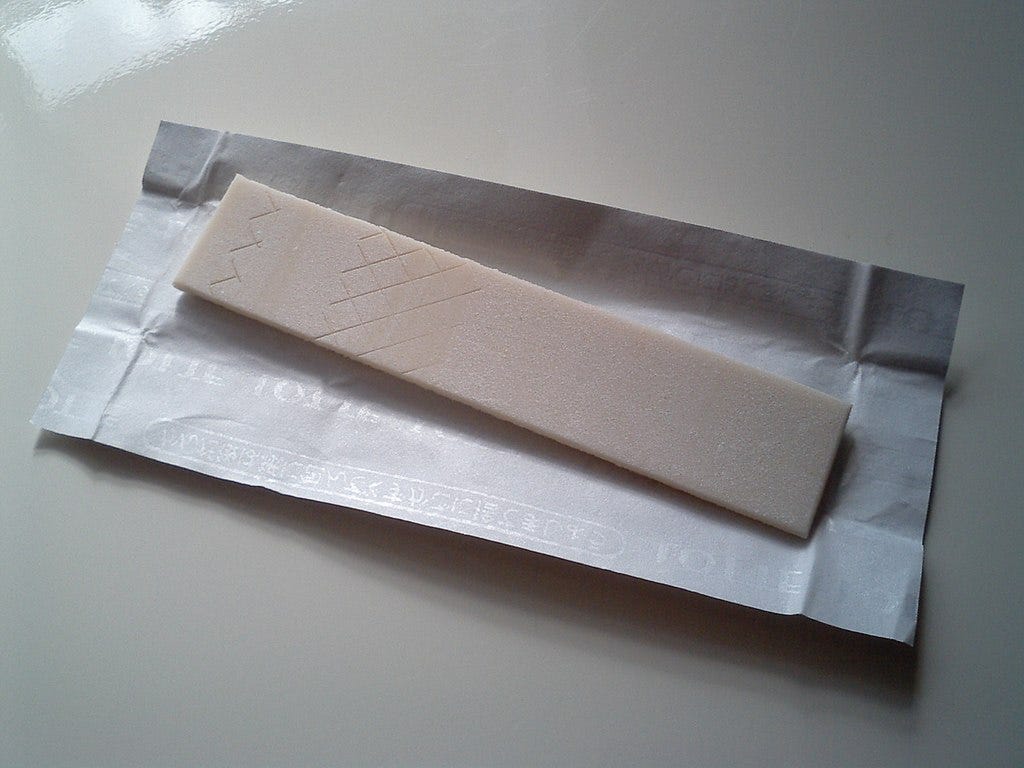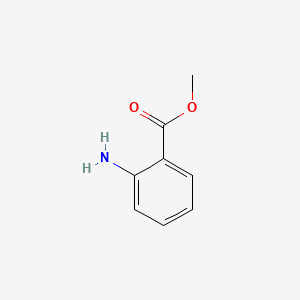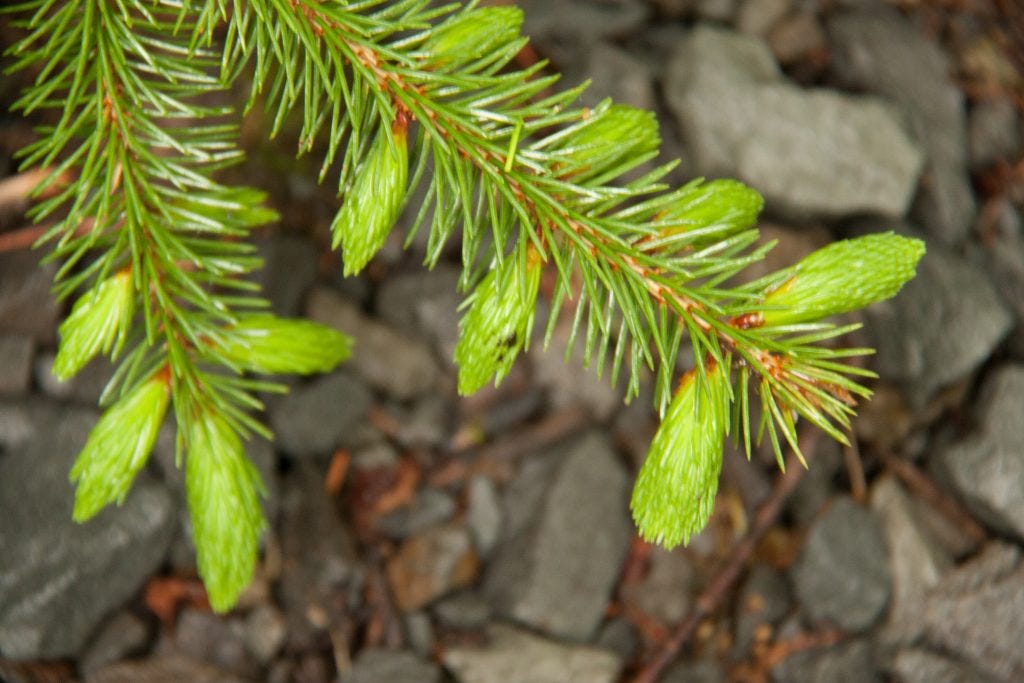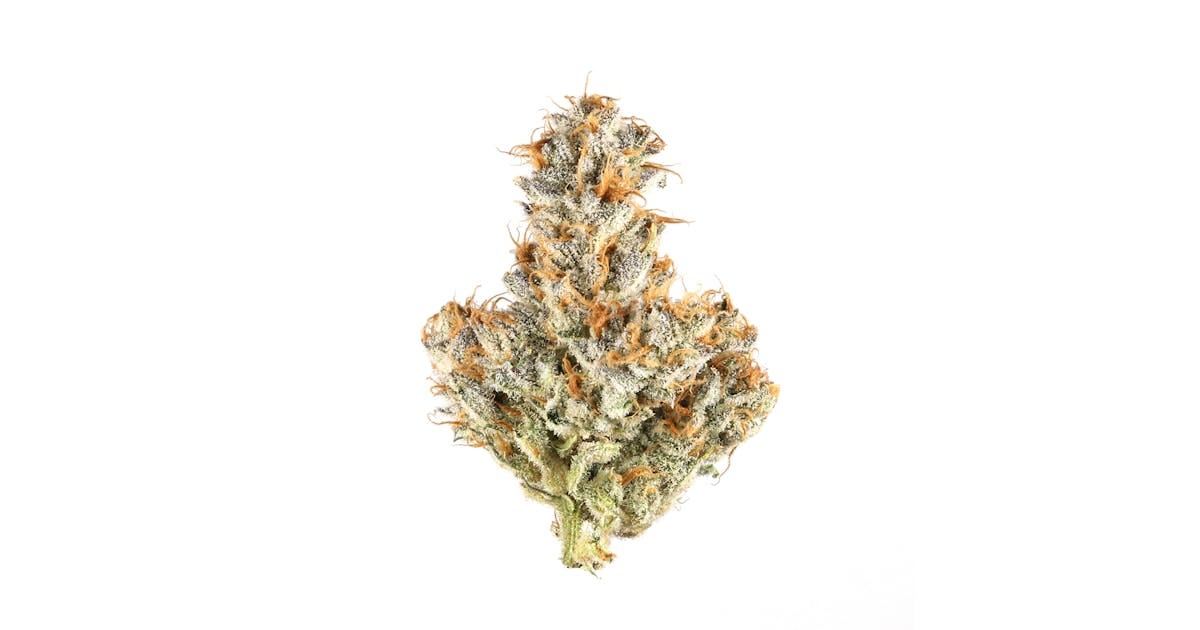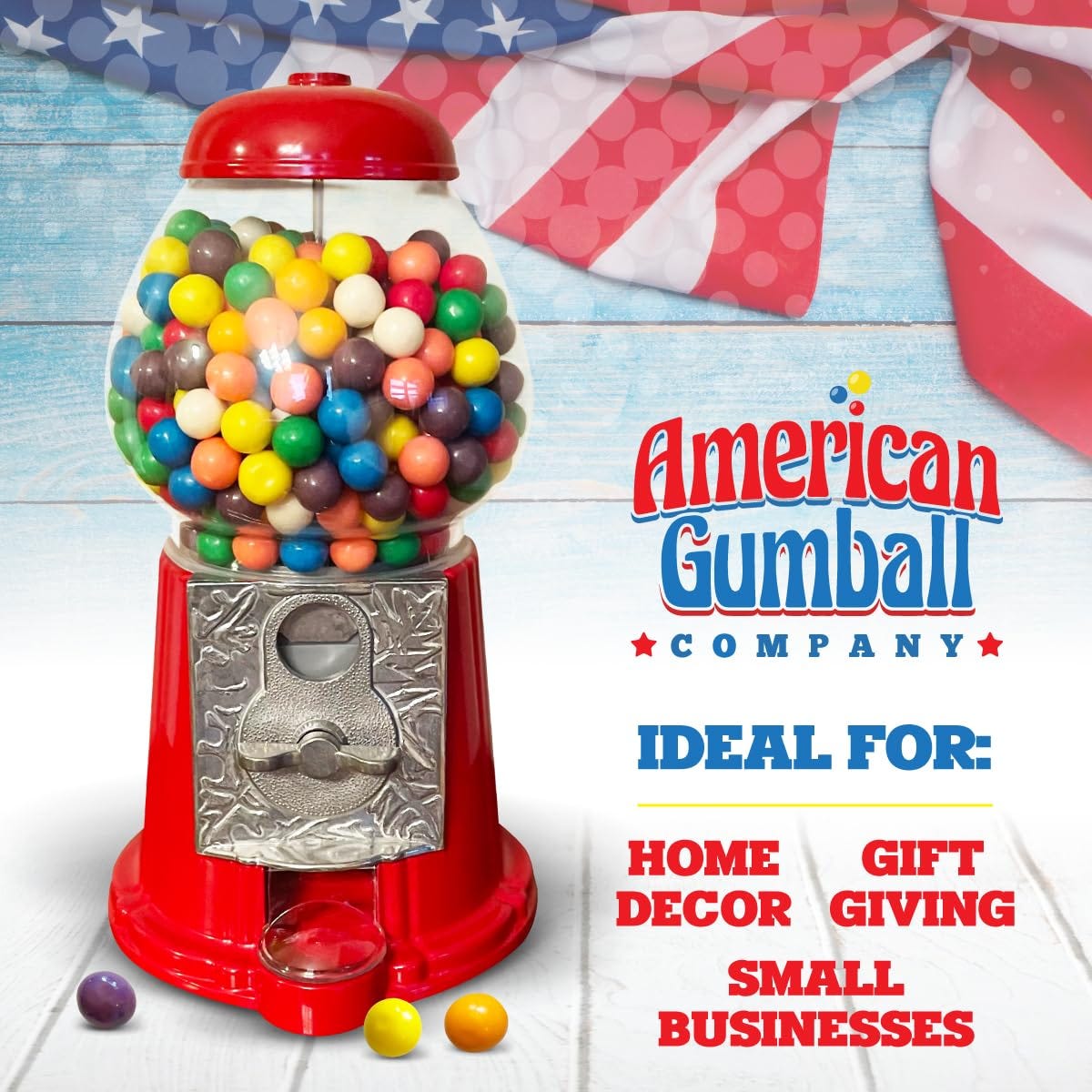Bubblegum is a flavor, a culture, a product, and an idea. Bubblegum is Mexican-United States collaboration, combining both their strengths. For me personally its a trigger that, when spotted on the ingredient list of a cocktail menu, will cause me to immediately order the drink. Kitschy and irreverent, bubblegum is a construct that’s synthetic, like an AI image that doesn’t really exist. What is bubblegum? Where does it come from? And why is it pink?
Chewing something just to spit it out after a while is mostly pointless. Nonetheless, humans have been chewing things and spitting them out since the Neolithic period. Archeologists found 5,000 year old chewing gum of birch bark tar in Finland. Many other ancient groups have chewed resins, grasses or other plants in an example of convergent evolution, meaning people around the world began doing the same thing around the same time independently. So there is some instinctive pleasure in chewing not swallowing even if its not nutritive exactly. Some of these early gums were antiseptic and good for your teeth. Perks of chewing, but doesn’t quite explain its appeal.
The original bubble-gum is Mexican. The Mayans were blowing bubbles of white resin from the chicle tree, bubbles which stick to your face when they pop.
Chicle is a natural gum collected from several species of Mesoamerican trees in the genus Manilkara, including M. zapota, M. chicle, M. staminodella, and M. bidentata. Also known as the sapodilla or chicozapote tree.
The tapping of the gum is similar to the tapping of latex from the rubber tree: zig-zag gashes are made in the tree trunk and the dripping gum is collected in small bags. It is then boiled until it reaches the correct thickness. Locals who collect chicle are called chicleros. They practice their trade in the Yucatán Peninsula, Belize and Guatemala where the chicozapotes are found.
Once the demand for chicle gum from the United States began at the turn of the 20th century with the beginning of Wrigleys and Chiclets, this industry generated employment for the chicleros. Unfortunately this labor force was under the tyranny of these foreign companies, and there are records of the terrible work conditions that the workers confronted every day for the extraction of chewing gum.
To talk of the profession of the chicleros in the South East of Mexico is to talk of tough men, identified with the forest, who live dedicated to the cut, collection and processing of the resin of the chicozapote tree.
Without produce from Mexico such as, most especially the potato, the tomato, and corn, and also tobacco, beans, vanilla and others… Western populations would have shriveled long ago. But without bubblegum there would be a cultural lack, an aesthetic lack. Bubblegum is an all-American symbol of childhood nostalgia.
But Wikipedia says the Americans invented bubblegum. I would call it a collaboration with one side collecting 99% of the profits.
The word chicle comes from the Nahuatl word for the gum, tzictli, which can be translated as "sticky stuff". The word is used today in the Americas and Spain to refer to chewing gum, chicle.
If this word sounds familiar you might be remembering Chiclets. They stopped producing their gum in the United States in 2016. They moved their factories to Mexico and are still available everywhere in Mexico. In Mexico City you don’t have to go far to find chicle, someone is usually walking around selling those teeny Chiclet packages, or other brands like Hubba Bubba or Trident or Bubbaloo.
To reiterate and avoid etymologic confusion: in Spanish all gum is called chicle, named after the gum harvested from the chicozapote tree, and you can still find the original Chiclet brand of chicle, but only in Mexico, and its no longer made from tree sap. Also, a single squarish nugget of gum is a chiclet. Its a shape as well as a brand.
Chiclets are nostalgic for most of us. When my friend from Vancouver came to visit Mexico City she was pleased to be offered chiclets from a street vendor and they even had her favorite red chiclet that she hadn’t had since she was a kid, when she had way too many of them and often swallowed, despite her parent’s warnings, ruining her teeth and stomach.
Bubblegum evokes memories of childhood. Aroma compounds pair with taste to form the overall flavor perception, a multisensory experience. Smell and taste the following images:
Much like alcohol, packaging and branding is everything for bubblegum. Mexico made the original bubblegum but it was defined by marketing in the United States.
Back to the mid 1850s, chicle was first brought to New York by the broke former president General Antonio Lopez de Santa Anna in an attempt to manufacture rubber to generate money for him to recapture power. It didn’t work for that purpose. Instead Chiclet and Wrigleys started producing chicle based gum around 1899. By the 1960s, US manufacturers had switched to butadiene-based synthetic rubber, as it was cheaper to manufacture. It happens that US manufacturers switched to the synthetic alternative shortly after a land reform law was passed in Guatemala where all of Wrigley’s chicle was produced. This land reform ended feudal work relations, which increased the cost of natural chicle for American companies. Other sources say that the supply of natural chicle couldn’t keep up with industry demand.
Today it is still possible to find chicle based gums but these are smaller companies with products only available in specialty health stores and online. I decide to try to locate “chicza gum” which is made in the Yucatan from natural chicle. They have a map on their website which says that the Mexican Vanilla grocery store has it, about a twenty minute walk from my place. Brb
I found the specialty store and bought two packs of chicza gum, one flavored coffee and the other lime. Options I left behind were hierba buena (mint), mentha (spearmint) and cinnamon. I couldn’t wait to try this ancient natural gum, the only 100% natural chicle gum on the market. I ripped the coffee open as if there was a golden ticket inside.
The coffee flavor was great, mocha gum, who would have thought? Lime was also good, zesty. But the sweet flavor lasted less than a minute, and then you’re left chewing what feels like a piece of velvety wax. I thought it would taste healthier somehow, because its from a tree, at least it was very soft and pliable. Sad to find I could not blow a bubble. This failure could have been because the gum was stale rather than a fault of the material. I did enjoy, and would buy again. It just feels nice to be chewing gum which is produced sustainably, by a small company using a natural resource harvested in the jungle, rather than a stick of bicycle tire and embalming fluid made by a multi-national corporation.
After chewing the gum I stuck the spent piece under this window ledge:
Chicza is biodegradable though, so its not a big deal. This gum is entirely water-soluble and biodegrades completely in contact with bacteria and enzymes in just 2 weeks. The nutrients of the decomposed gum even enhance soil. Litter of regular gum is however a major problem. The clean-up of chewing gum costs £10 million in the city of London alone. Because its made of plastic, it never decomposes so it has to be scraped off sidewalks and any surface where it has been dropped.
Apparently, Gen Z doesn’t want to chew aspartame laced plastic anymore which ends up as pollution. Since the pandemic, bubblegum sales are way down. Corporations are selling off their chewing gum holdings, or others like Mars Wrigley are trying to re-brand. A quick search on google about chewing gum and stress relief reveals numerous articles with phrases like “hippocampus stimulation”, “exam performance”, “blood flow to the brain” and “emotional regulation”. Bubblegum is now good for mental health, and a concentration aid for that extra bump in productivity. Also, facial fitness. Chew gum extra hard, or chew extra hard gum to work out those masseter muscles and define the jawline.
Nicotine gum is my favorite quit smoking aid. Gum has lots of positive qualities. Until I read the article in the economist, “how gum lost its cool” I still thought that gum was rebellious. I liked to chew it in official situations to feel like I still have autonomy. My intention was to weave a tale of my encounters with the Mexican bureaucracy into this story of bubblegum. But now that I know that gum isn’t subversive anymore, and now that I’ve finally learned how to spell bureaucracy, I think I’ll save that story for another context.
watch “secret world of girls” here
In the 80s-2000s gum was branded with a don’t care attitude. They are blowing and popping bubbles in detention in the Breakfast Club. For decades bad kids were sticking it under desks and blowing bubbles in people’s faces. In practically every picture of original Britney Spears she has a wad of chewing gum in her mouth. One of her spit up wads was auctioned for 14,000$ on eBay. Other pieces of her chewed up gum went for significantly less: 26$-53$. Psychologist Joyce Brothers said: “Its like obtaining somebody’s halo”.
The way were going the future of bubblegum is healthy, often home made, aspartame-free tabs or balls made with natural chicle or alternatives. Influencer Nara Smith makes her own gum in one soothing video.
Watch the full video “who doesn’t love bubblegum” here
Pretty sure she is using mastiha, not chicle. Mastiha is a resin that they have used to make chewing gum in Greece for thousands of years, and still do. You can order the “gum base”, as Nara Smith calls it, on Amazon. Chicle you can order from a small producer here.
Nara Smith makes an apple flavor, and a cinnamon-vanilla.
For me bubblegum flavor cannot be beat. It was invented by an accountant Walter Diemer working at the Fleer Chewing Gum Factory. He liked to muck around with gum on the side. He invented a gum that was less sticky and more elastic for big bubbles. He diluted the red dye they had lying around, and turned the grey stick to pink. The gum was called Dubble Bubble. It sold out in a day in 1928 at the mom + pop shop where they tested it,1¢ a piece. Then he taught the sales team how to blow bubbles. Retired Walter Diemer would ride around on a tricycle handing out bubblegum to children. When he died, SNL said they found his body stuck under a seat in a movie theatre.
I analyzed bubblegum carefully to better understand it. Its a mix of fruit flavors whose whole is bigger than the sum of its parts. While texture differences are interesting, for the purpose of cocktail making, the components that make up the flavor that we associate with bubblegum are most important. While Trident has more menthol and Double Bubble has more strawberry, there is a consistent bubblegum-ness that we can all identify.
The classic pink hue of bubblegum shows how color influences the expectation of flavor. Despite the flavor being a blend of various fruits, the fake pink color has become synonymous with the flavor profile of bubblegum. Bubblegum pink is both a color and a taste.
I have discovered an overwhelming BANANA character in bubblegum. I think that is why I love it so much because I am obsessed with artificial banana. There is also vanilla, and always a red fruit component, like a cherry, or a strawberry. Or maybe pineapple, with a touch of wintergreen. Boy do I love this mix. Finish it off with a little lemon or orange oil. This is starting to sound like a cocktail. Cinnamon and clove also have a place here. Please, someone create a bubblegum liqueur.
Bubblegum is created by a medley of esters. Among these are:
Amyl acetate: banana notes
Isoamyl butyrate: pineapple flavor
Ethyl butyrate: juicy pineapple essence
Methyl anthranilate: grape-like aroma
There are other products or produce that has a bubblegum essence that can be used in cocktails to experience this nostalgic taste.
Bubblegum in the Wild:
GROSELLA
Grosella (red currant) is a classic flavor of paleta or popsicle that can be found sold by street vendors all over Mexico City. It tastes remarkably like bubblegum to me, and was the inspiration for this article. I took this photo when a seismic alarm interrupted my meeting at the Instituto Nacional de Migracion to get my temporary residency, and we all had to go outside. I took advantage of the break to eat a grosella popsicle and was struck but its similarity to the bubblegum I had been furiously chewing.
SPRUCE TIPS
Spruce tips have a minty bubblegum taste (fruity-piney). They can be wild foraged in the Pacific Northwest in the Spring. Spruce resin was used by Native Americans as chewing gum. Potential for spruce-bubblegum cocktail concept.
INCA KOLA
This is my secret for bubblegum flavor. This kola tastes exactly like bubblegum in all its natural and artificial glory. It is not coca cola, its something else entirely. Apparently it is made with hierba luisa (Aloysia citriodora), native to South America, which google translates as lemongrass or lemon verbena which is not entirely accurate. I was able to find the drink in East West grocery store on Main Street in Vancouver so I’m sure its available elsewhere. Its very useful in cocktails because its already a liquid so no need to infuse or process anything to add bubblegum flavor to your drink. Please see the recipe for Bubblegum Spritz below to see how I use it.
BUBBLEGUM MINT (Agastache cana)
This has a heavenly smell which lives up to its name. Would love to see a bubblegum syrup from this bad boy. Native to Texas/New Mexico.
BUBBLEGUM KUSH
Ever since I saw a special on the Playboy Channel about California’s culinary weed movement, I dreamed of living in a place where I could add CBD and marijuana extracts to cocktails like just another ingredient. So much flavor, all those terpenes, unlimited potential. I would start with bubblegum kush for those sweet fruity vibes. If you don’t live in California, here’s a list of hops with similar tropical fruit/bubblegum/green nose for those legal vibes.
Friends I hope you enjoyed this story. You made it this far, please consider upgrading to a paid subscription. milkpunch is a project of love, but I need your support to continue to create these careful articles. I need your support to continue milkpunch!! For the price of a Starbucks drink a month, a subscription makes a significant difference to my capacity to continue writing. For those of you who already support the publication, it means a lot to me, I see you, thank you. If you can’t do a paid subscription, please share the blog with anyone who you know who might like to drink, escape, or imagine.
Bubblegum in a word, a smell, a taste is a potent evocation.
I would love it if anyone could share a pop culture bubblegum reference I have missed. There are many.
Enough thinking, more drinking!
Here’s my recipe for BUBBLEGUM SPRITZ with Inca Kola in a bubblegum foam (!)
This is for paid subscribers only. I can’t be giving all my secrets away for free. x
Keep reading with a 7-day free trial
Subscribe to milk punch to keep reading this post and get 7 days of free access to the full post archives.




